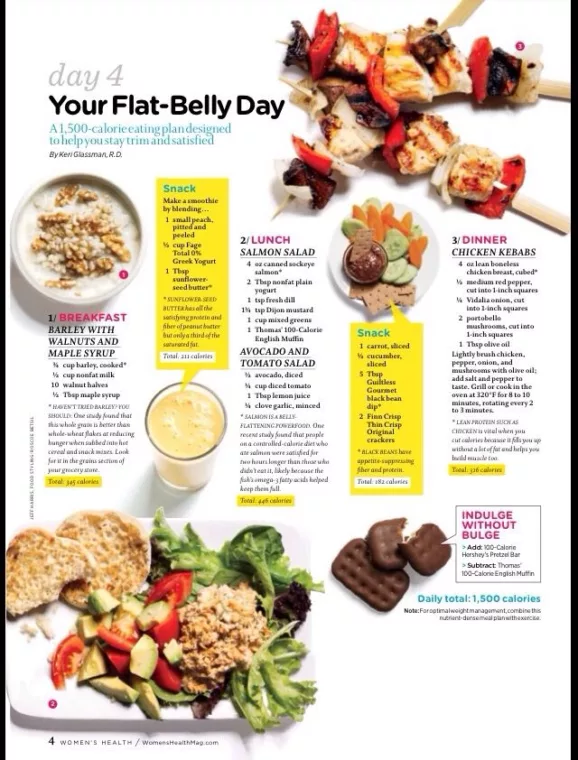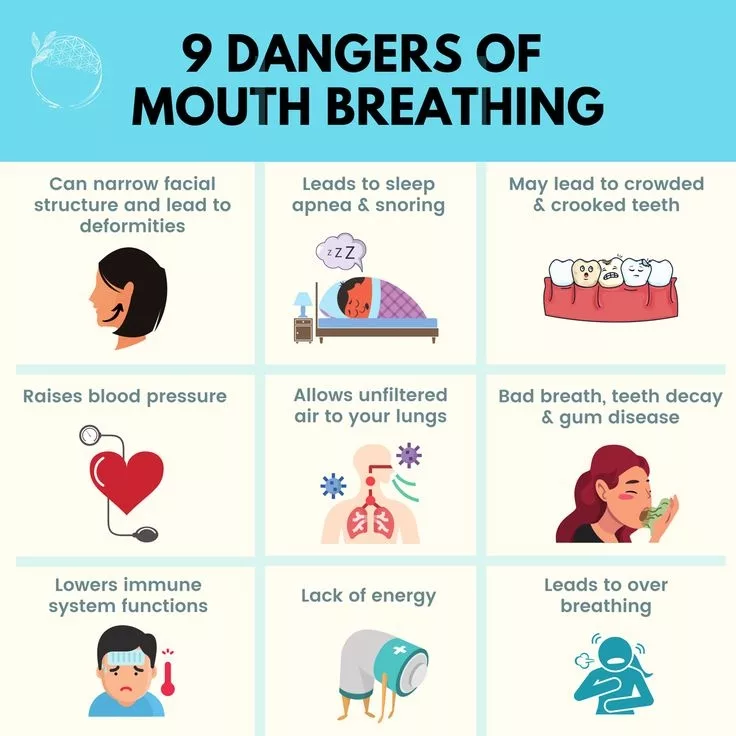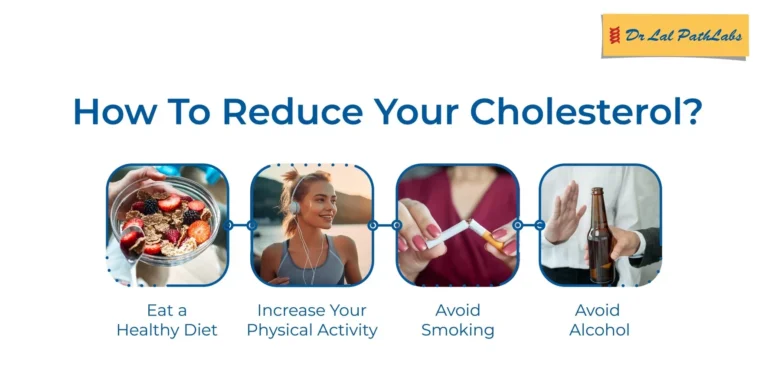Healthy Diet for a Slim Abdomen: Foods to Prevent Abdominal Obesity
Hello! This is a guide on a healthy diet for those who are interested in health and fitness. We’re going to introduce foods that help prevent abdominal obesity. Enjoy reading and let’s strive for a healthy life together! 🌱🥗🏋️♀️

The Importance of a Diet for a Healthy Abdomen
Abdominal obesity is a common health issue that many people face. It is associated with heart disease, diabetes, hypertension, and other health problems. Therefore, maintaining an appropriate diet for a healthy abdomen is crucial. A diet for a healthy abdomen should include the right nutrients and proper eating habits.
Main Causes of Abdominal Obesity
There are several main causes of abdominal obesity. One of them is excessive calorie intake. Overeating can lead to weight gain and the accumulation of abdominal fat. Additionally, lack of exercise is another cause of abdominal obesity. Insufficient physical activity can increase body fat and result in fat accumulation in the abdomen.

Essential Nutrients for a Healthy Abdomen
There are various essential nutrients for a healthy abdomen. First, dietary fiber aids digestion and helps prevent abdominal obesity by promoting regular bowel movements. You can get dietary fiber from various grains and vegetables. Additionally, protein helps build muscles and reduce body fat. Foods rich in protein include chicken breast, eggs, and fish.
Fruits and Vegetables Effective for Abdominal
Obesity Fruits and vegetables play an important role in maintaining a healthy abdomen. Pineapple aids digestion and improves digestive function, helping to prevent abdominal obesity. Papaya also helps digestion and reduces body fat. Additionally, green vegetables like spinach and kale are rich in dietary fiber and nutrients, making them excellent choices for a healthy abdomen.

Role of Protein and Recommended Foods
Protein is an essential nutrient for a healthy abdomen. It helps build muscles and reduce body fat. Chicken breast is known for being low in fat and high in protein, and it can be cooked with onions for a tasty and nutritious meal. Eggs are also a great choice, as they are rich in various nutrients and have a high protein content.
Importance of Healthy Fats and How to Include
Them Healthy fats are important nutrients that help prevent abdominal obesity. Avocado, which is rich in omega-3 fatty acids, aids heart health and reduces body fat. Peanut butter provides both protein and fat, helping to maintain a healthy abdomen.

Foods to Avoid and Their Alternatives
To maintain a healthy abdomen, avoid foods high in fat and sugar. These foods can increase body fat and lead to abdominal obesity. Instead, choose fresh fruits and vegetables, chicken breast, and other foods rich in dietary fiber and protein.
Sustainable Diet Plans and Maintenance
A diet for a healthy abdomen should not only be a short-term goal but also a long-term sustainable plan. Regular exercise and proper eating habits are crucial in preventing abdominal obesity. Additionally, drinking plenty of water before meals and eating appropriate portions are important.
By maintaining a diet for a healthy abdomen, you can prevent abdominal obesity and maintain a healthy body. Consistent practice of a healthy diet and regular exercise are essential for protecting our health. 🥦🍎🏋️♀️

Examples:
- Consume a variety of fruits and vegetables to ensure sufficient fiber and nutrients. Try incorporating a variety of fruits and vegetables like pineapple, papaya, spinach, and kale.
- Protein is an important nutrient that helps build muscles and reduce body fat. Chicken breast and eggs are rich in protein and are excellent choices for a healthy abdomen.
- Healthy fats help prevent abdominal obesity. Avocado and peanut butter are rich in healthy fats and can aid heart health and reduce body fat.

- Avoid high-fat, high-sugar foods and choose healthy alternatives like fruits, vegetables, and chicken breast. These foods are rich in dietary fiber and protein, helping to prevent abdominal obesity.
- Maintain a healthy abdomen by adhering to regular exercise and proper eating habits. Drink plenty of water before meals and eat appropriate portions.





